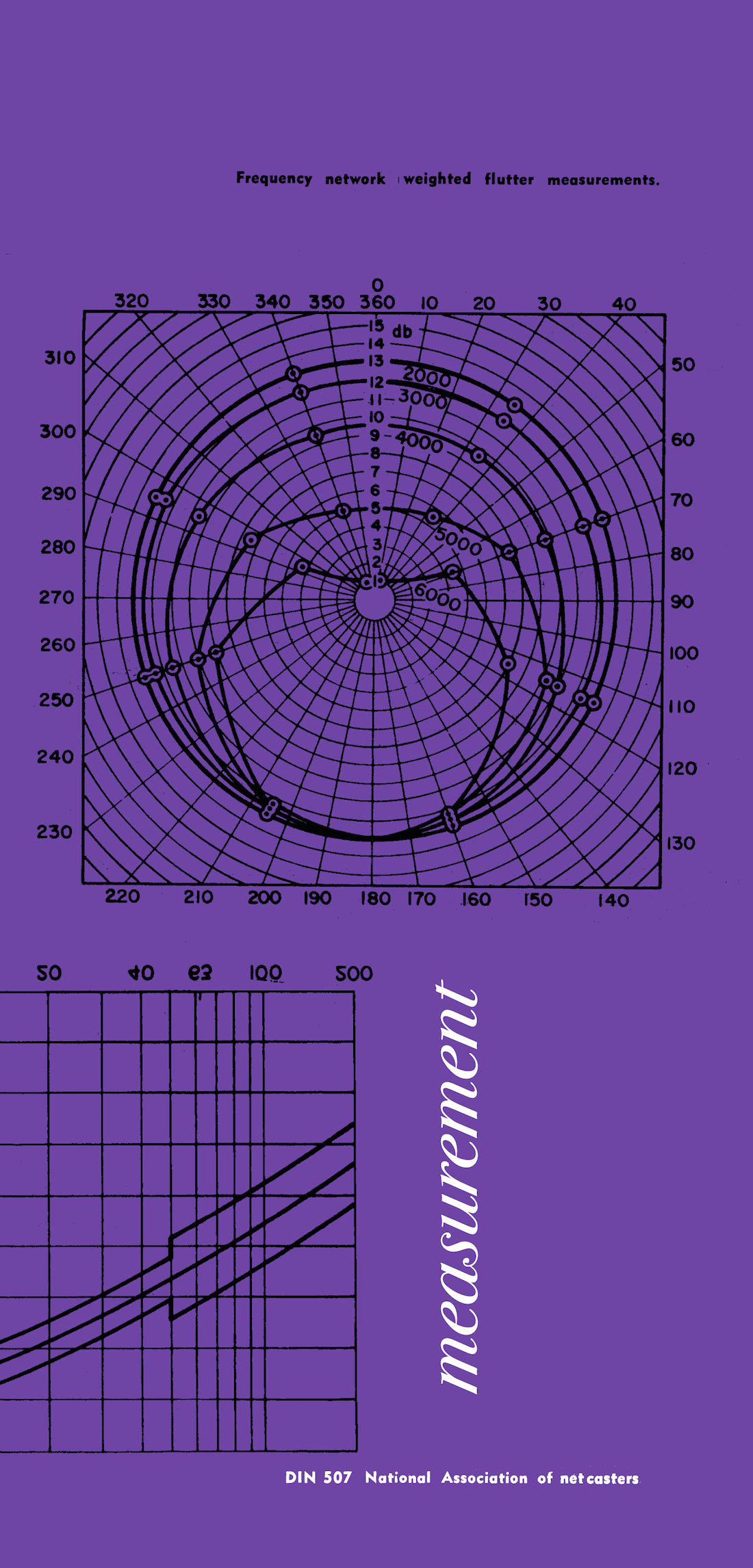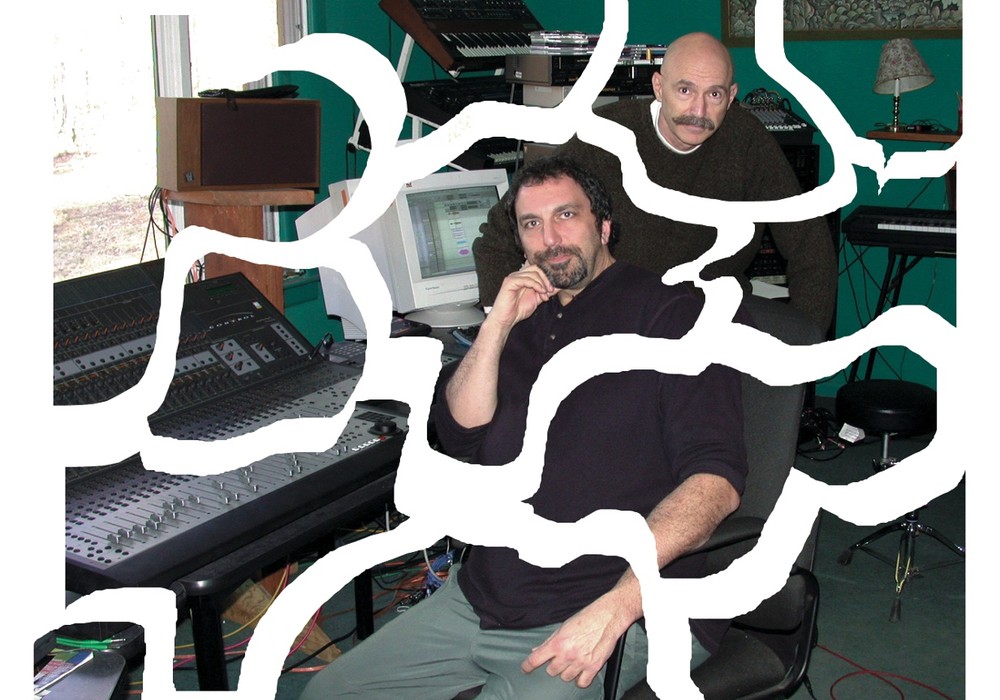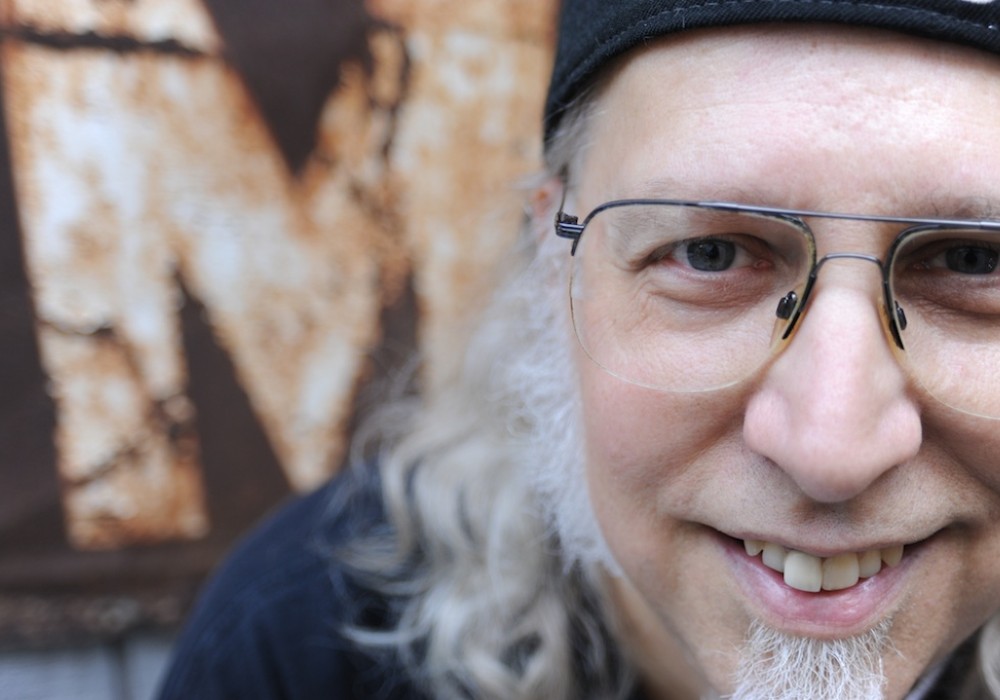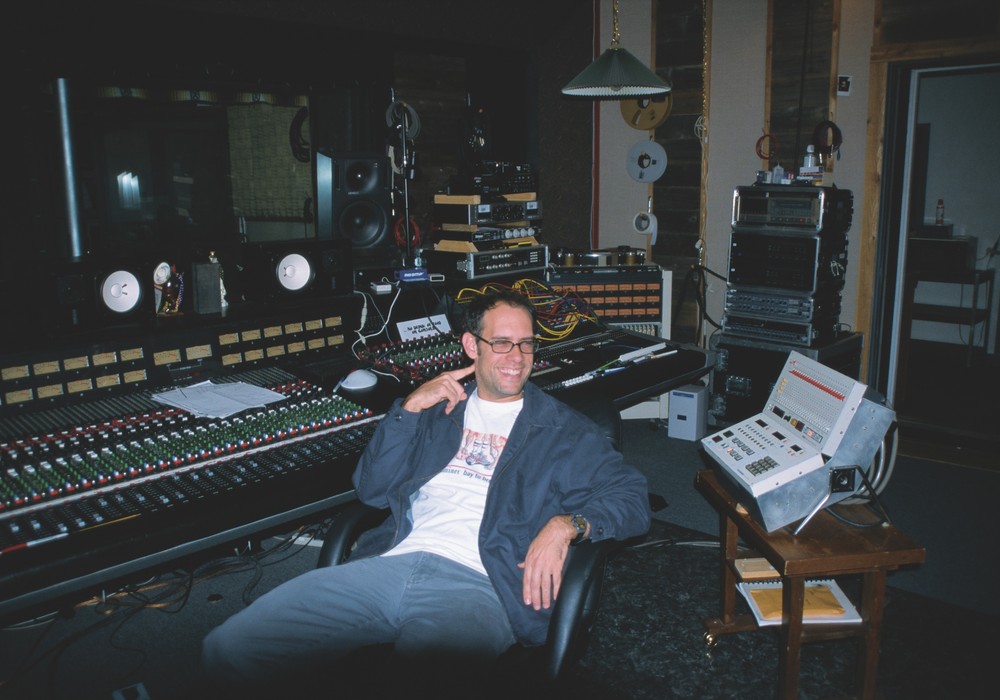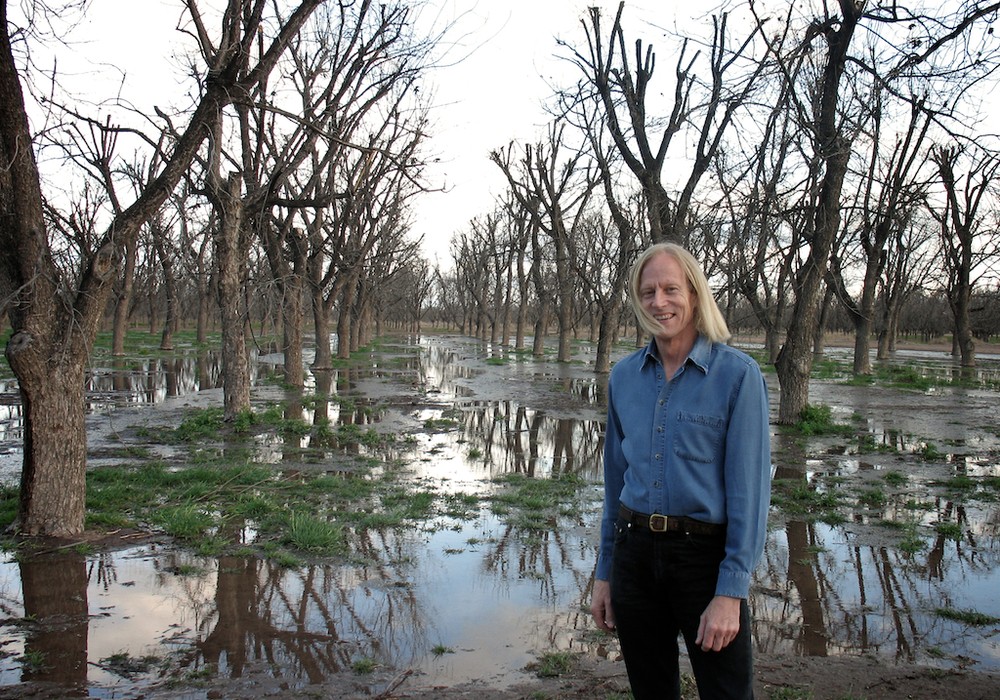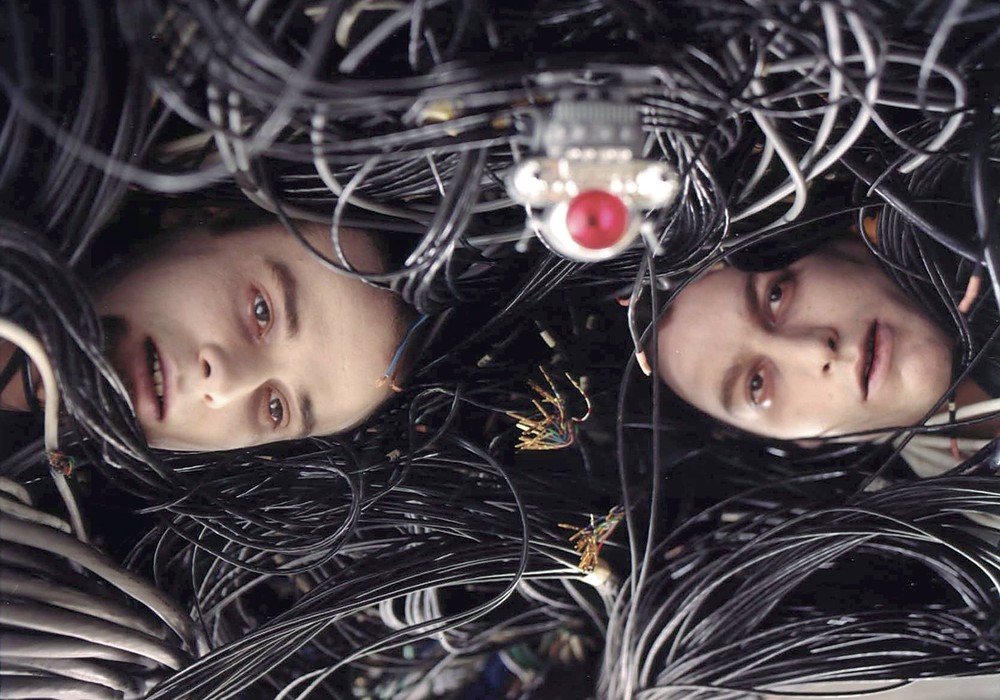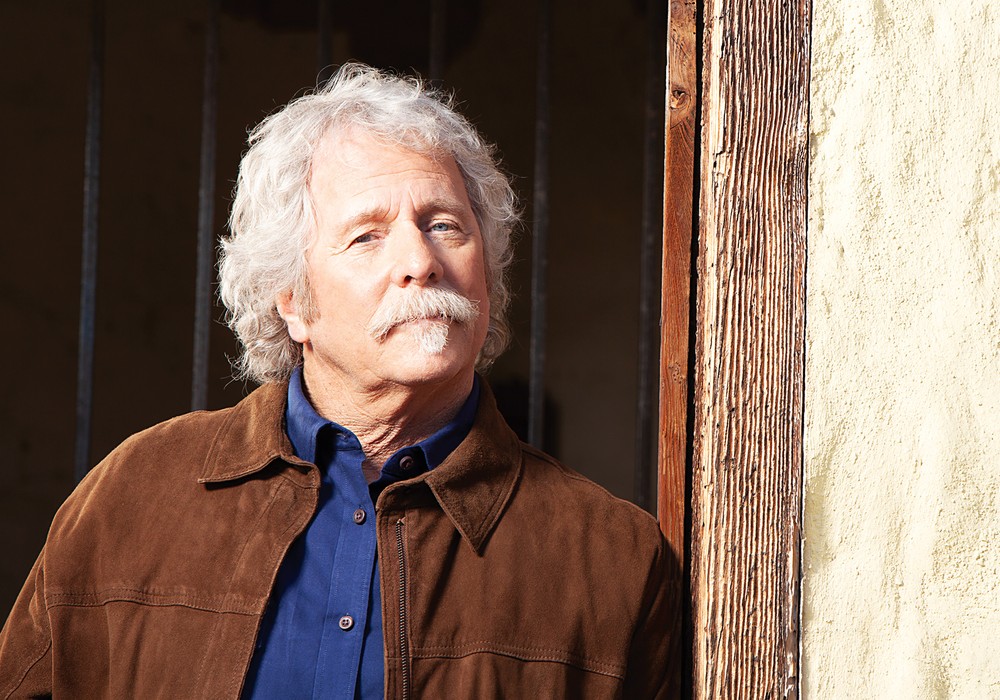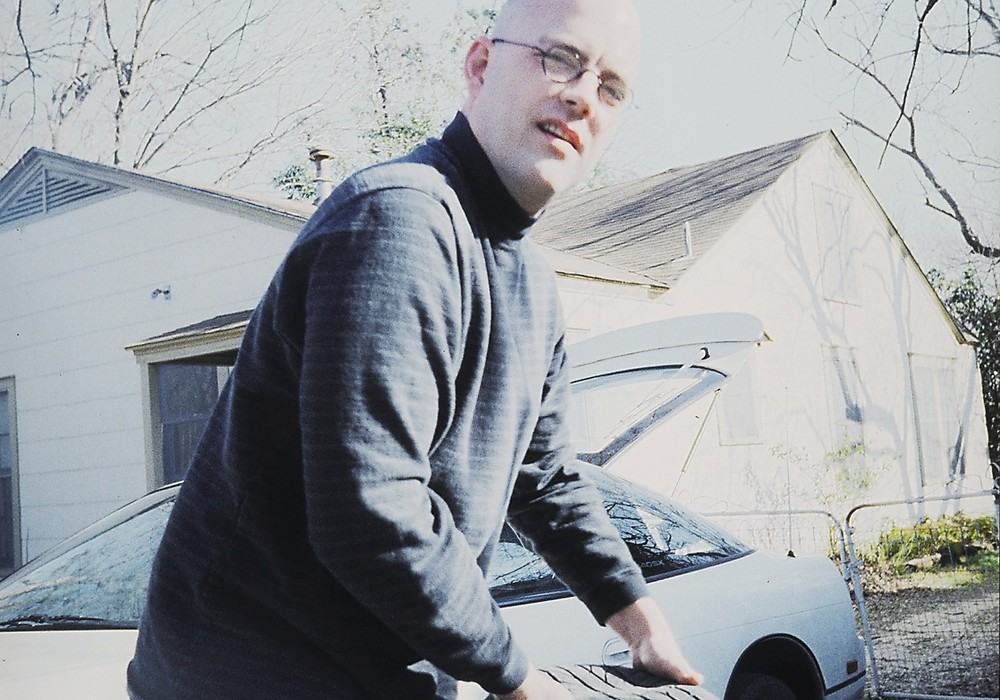I caught up with David J. Haskins, a member of the influential bands Bauhaus and Love and Rockets, during a book tour for his new memoir, Who Killed Mr. Moonlight? Besides spending numerous years in the studio as an artist, David has also acted as a producer for Jazz Butcher, Renata Youngblood, Intra-Venus & the Cosmonauts, Vinsantos, Darwin, and Stellarum. His most recent solo album, An Eclipse of Ships, came out in 2014, and was recorded with Tony Green.
The song, "Bela Lugosi's Dead," defined your band, Bauhaus. It's the first thing that Bauhaus recorded, right?
It was the very first song that we wrote together as a band, and we recorded it a couple weeks after writing it. It was out pretty quickly as well.
That's the version we all know, with the dub effects and everything?
It's the opening story of my book. We did it in one take. As I say in the book, that was the very first time Peter Murphy had ever sung into a studio mic.
He did a fair enough job, then. Where did you find the studio for that? Was it local?
It was a wonderful studio, now long gone, alas. It was Beck Studios in Wellingborough [Northamptonshire, UK]. Derek Tompkins [the producer/engineer] was a fantastic character, a very outspoken, interesting man. He was a very inquisitive, closet intellectual really, but he was also mad about motorcycles. He had an old Vincent from the '30s. He was in his fifties when we were in our early twenties. We liked the fact that he was so removed from our world. He had such an acute ear. He could really discern the subtle tones that were necessary to make a good record. He was confident enough in his ability to be very outspoken and tell us, "No, you don't want to do that. That's rubbish!"
Which is what you need when you're young and gung-ho.
Right! "Do it this way, and you'll thank me."
You brought him back in to do later albums, didn't you?
The third album by Bauhaus, The Sky's Gone Out. We later brought him back to do [Love & Rocket's] Earth, Sun, Moon, even though he'd retired.
The Sky's Gone Out is a pretty epic record, as far as the scope of it and the variety of tunes.
Yeah, it was ambitious. We were glad to have him there to reign us in a bit. We were pretty out there at that time.
On the first record, In the Flat Field, you took "Double Dare" from a BBC session and incorporated that. It wasn't just separating that project from the performance on the first album. You were able to say that was a better performance.
Well that's the reason. It was a John Peel session. We tried to re-record that in the studio, Southern Studios in London. That was our benchmark, because we thought it was one of the best things we'd ever done. As is often the case, those Peel Sessions were the best work an artist did. We figured out that it was because we didn't have time to overdo it. You'd have eight hours to record four tracks and mix them. You've got to bang it down and just finish it. There's a vitality to that process that's really great. We applied that to ourselves by self-imposing limitations. We'd just give ourselves two goes working on a track and, if it wasn't not happening, we'd move on. We couldn't get it to sound as good as the Peel session, so we had to negotiate with the BBC. They wanted to have a Bauhaus Peel Session EP, but we wanted to have that on our album. There was a lot of going back and forth, as well as legal negotiations. It actually delayed the release of the album. We were on the road, touring to promote the album, but the album wasn't available until a couple of months later. It still went to number one on the alternative charts!
One of the studio experiments I loved was your "Exquisite Corpse" song on The Sky's Gone Out, where you're passing tracks on and not hearing each other, but just adding things and seeing what you came up with. How did you apply that in the session?
That was my idea. I don't know if it had ever been applied to music before. I was very into the surrealists, and obviously familiar with the Exquisite Corpse. That is where you folded a piece of paper and passed it around the table; each artist would draw part of a body and extend...
